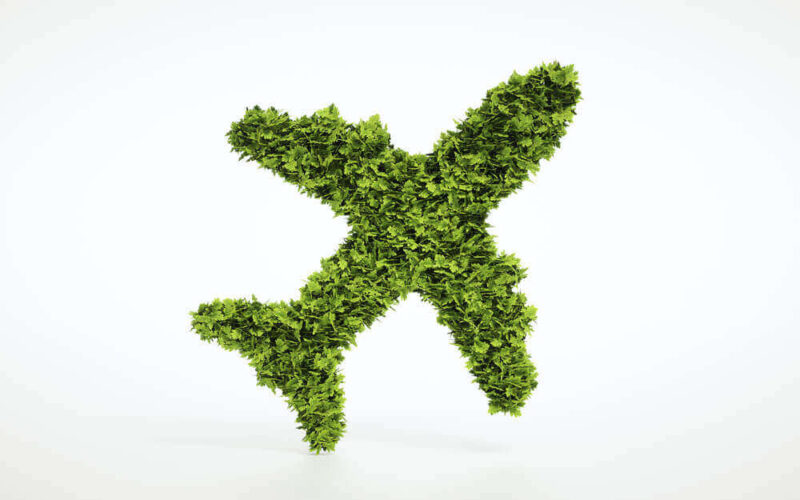Aviation industry, currently responsible for approximately 2% of global CO2 emissions, is striving to correct itself and cut the number in half in the next three decades. Now, following a similar pledge by International Airlines Group (IAG) (IAG), Qantas is stepping forward and vows to reach zero emissions by 2050. However, some measures, like electric aircraft engines, as still “some time” away.
The airline made an announcement on November 11, 2019, outlining its plans to commit to net zero emissions by 2050. In the meantime, Qantas also vows to cap its net emissions at 2020 levels. In particular, Qantas, Jetstar Australia, Jetstar New Zealand, QantasLink and Qantas Freight promised to offset all their growth in emissions from domestic and international operations from 2020.
To reach zero emissions in the next three decades, Qantas outlined a number of initiatives, among which innovation is key.
“Innovation is going to be key. We’re investing $50 million to hopefully kickstart a sustainable aviation fuel industry in Australia,” Qantas Group CEO Alan Joyce cited in a statement as saying. “We know from our own trials that the technology works but we need to get to a scale of production where it’s a practical substitute”.
To reach the goal, the Australian carrier pledges to work with aircraft and engine manufacturers on next-generation technology, while admitting that “innovations such as electric aircraft engines are still some time away”. It is also planning collaboration with industry, research institutions and governments to develop “long-term solutions”.
The airline plans to invest $50 million to sustainable aviation fuel industry development over the next ten years, arguing that while sustainable aviation fuel can reduce carbon emissions by 80% compared to traditional jet fuel, it currently costs almost twice as much.
Qantas becomes the second airline group to commit to net zero emissions by 2050. IAG already made such promise in October 2019. The airline group also outlined a number of initiatives to achieve the goal, including a pledge of $400 million investment in sustainable aviation fuel in the next 20 years and British Airways promise to offset carbon emissions for all its UK domestic flights from 2020.

